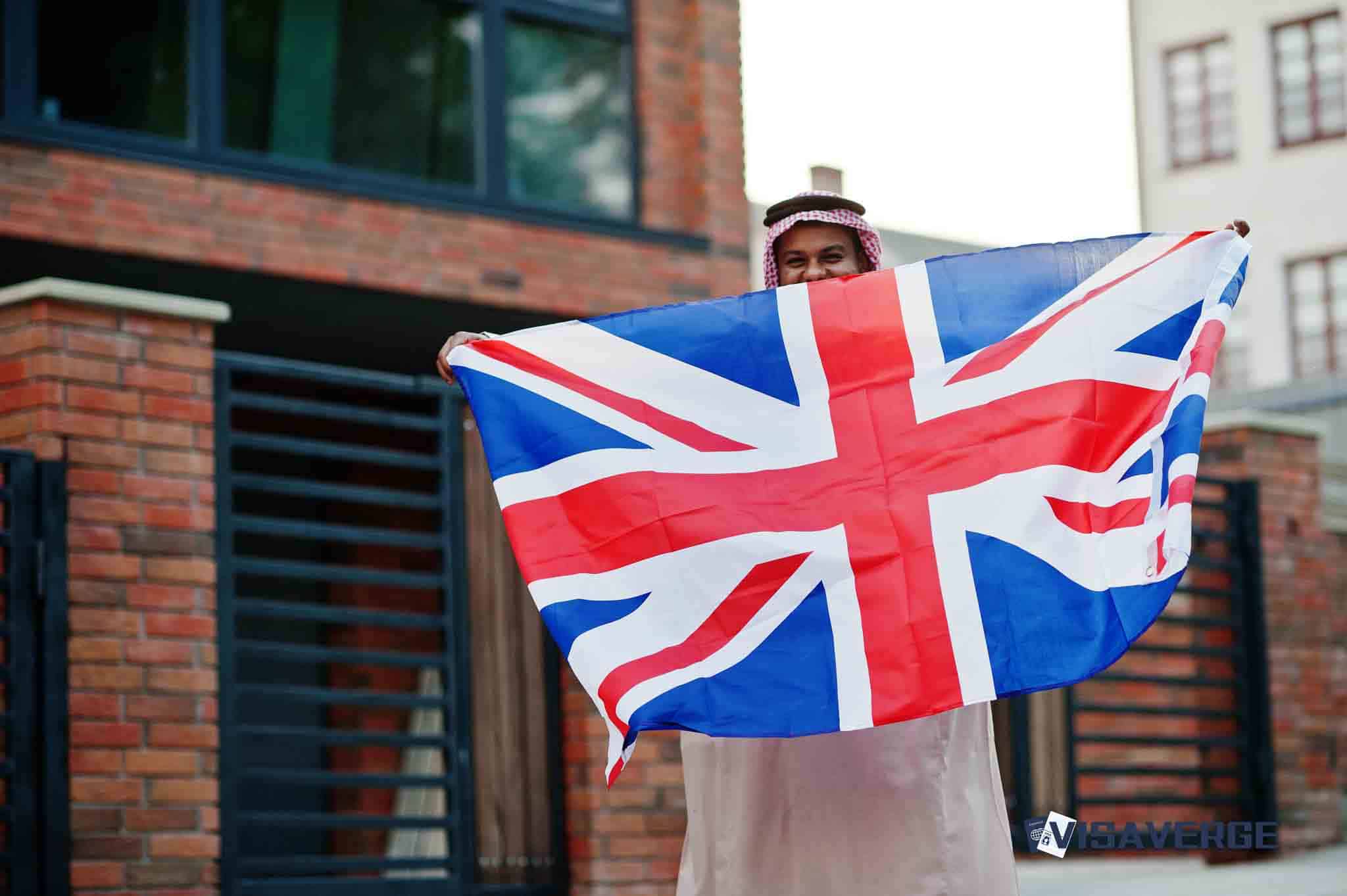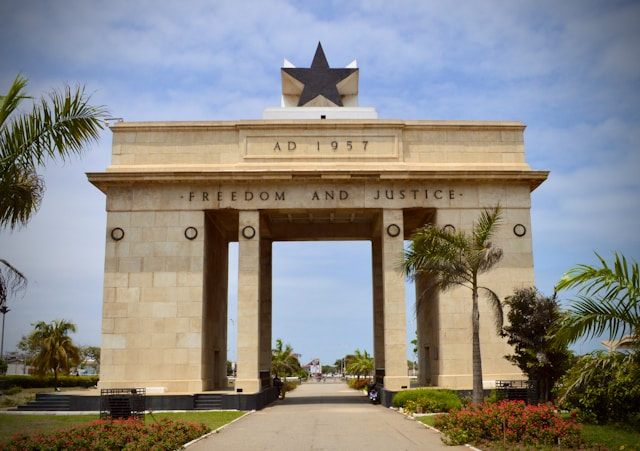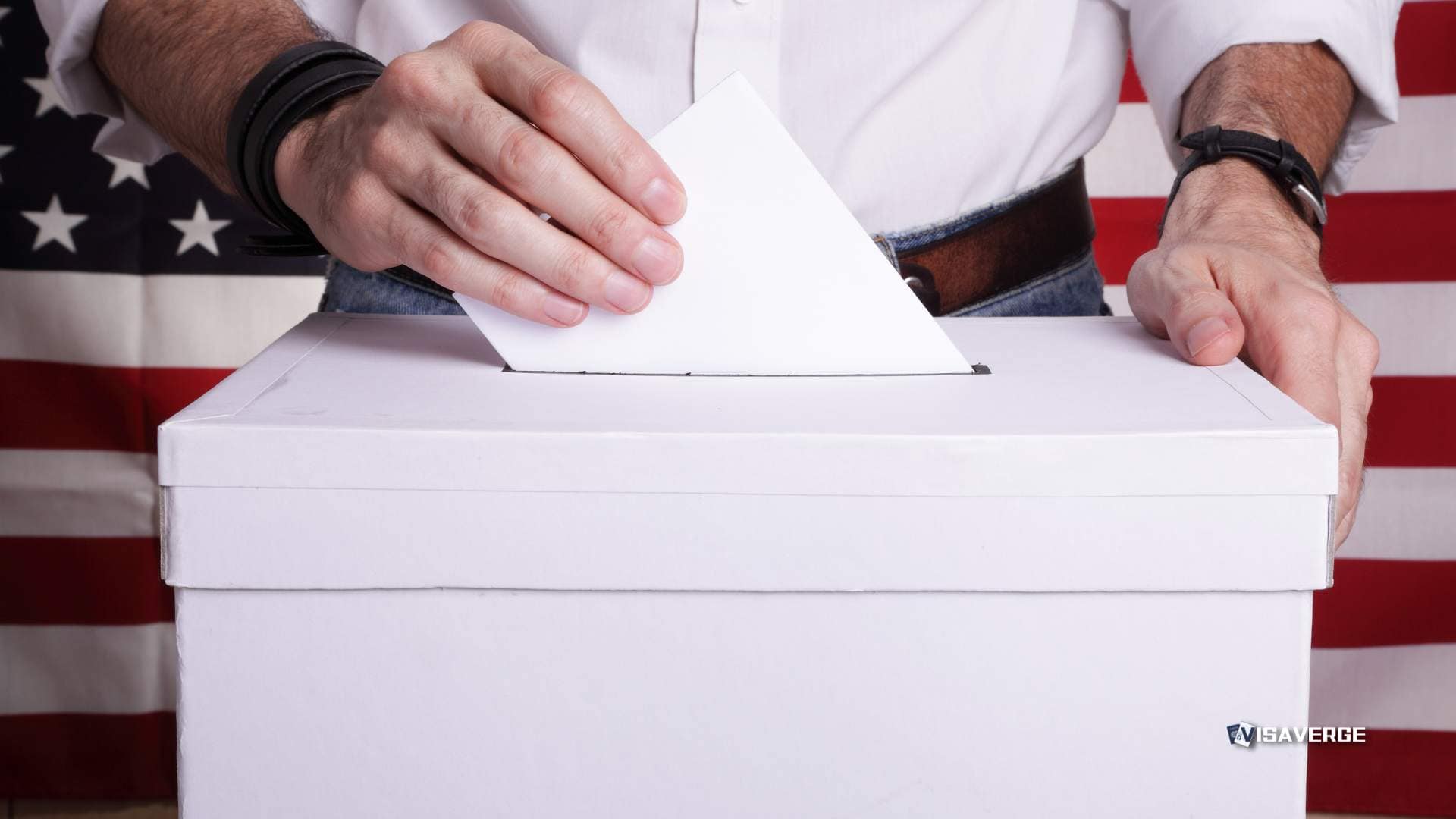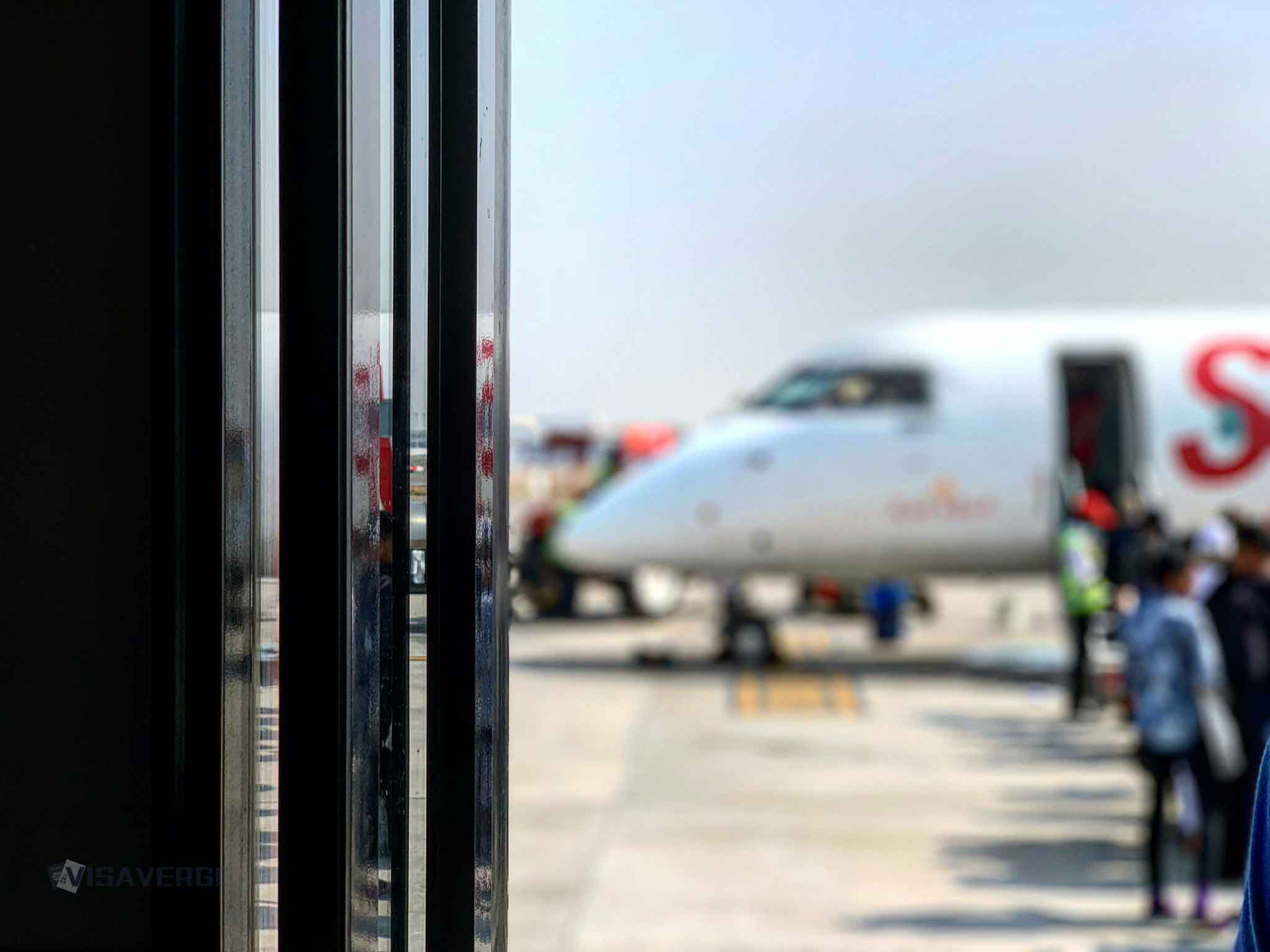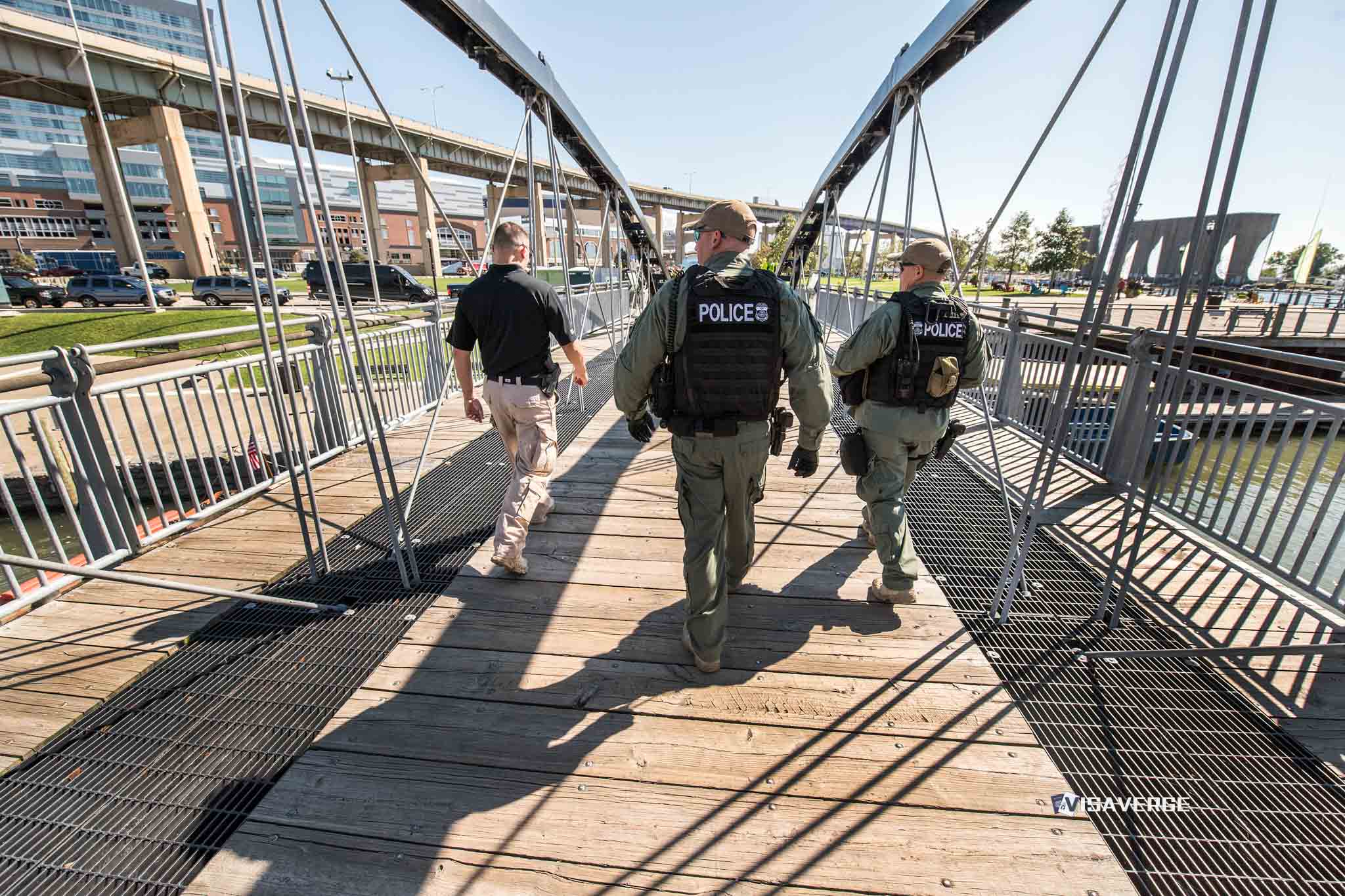(Ontario, Canada) Owen Goodman’s long pursuit of Canadian citizenship reached a turning point in October 2025, clearing the way for his first senior call-up a month later and sharpening Canada’s options in goal ahead of future international tournaments. The 22-year-old goalkeeper, born in Essex in 2003, was named to Canada’s roster in November 2025 for a pair of friendlies after Immigration, Refugees and Citizenship Canada approved his application, ending a year of questions about eligibility that had frustrated team plans.
With his status settled, Goodman fits the profile many Canadian fans have hoped for: a young keeper with top-flight training, real match readiness, and the kind of cross-border background that can help the national team grow.

Early life and development
Goodman’s path reflects a modern football story shaped by multiple homes. He moved to Alliston, Ontario at age five, played youth football for local clubs, and developed a deep connection to Canada during those early years.
At 13, he returned to England to join the Crystal Palace academy, a move that launched his professional career and exposed him to elite training environments. Along the way, he represented England at youth levels, including the U-18 and U-20 squads, and he was part of the England U-21 pre-EURO training group in May 2025.
Even as he wore the Three Lions at youth level, he spoke about a long-term goal to pull on a Canada shirt.
The citizenship and eligibility timeline
- August 2025: Head coach Jesse Marsch said publicly that Goodman was not yet eligible for selection, despite efforts by the Canadian Soccer Association to speed the process.
This admission underlined the real-world consequences of paperwork and timing—coaches had to plan rosters without a player they believed could help. -
October 2025: Goodman obtained Canadian citizenship, ending the eligibility uncertainty.
The update meant he could now be selected, cap-tied in official matches, and compete for a permanent role in the pool. -
November 2025: He was named to Canada’s roster for friendlies, giving the team a first look at a prospect who brings English football experience and a personal history in Ontario youth fields.
“The public timeline—Marsch’s statement in August 2025, approval in October, roster in November—illustrates how fast these situations can flip once the legal requirement is met.”
For readers looking for the official process behind citizenship, federal guidance is posted by Immigration, Refugees and Citizenship Canada at IRCC: Canadian citizenship.
Football implications: what Goodman brings
Goodman’s arrival is meaningful both practically and symbolically.
- Training pedigree: Time in the Crystal Palace academy means exposure to Premier League–style demands—physical intensity, quick decision-making, and high standards for distribution.
- Match readiness: Recent club minutes and familiarity with senior football make him a plausible option for national selection.
- Dual-national advantage: Early years in Ontario combined with development in England create a hybrid profile coaches value.
The Athletic and other outlets have described him as a “World Cup wild card,” a label that captures:
– the late turn in his case,
– the promise of high-level club minutes,
– and the possibility of rapid impact if form holds.
Selection context and coaching considerations
Canada’s goalkeeping picture has shifted as veterans age and younger players emerge. Goodman’s presence adds depth and competition.
Selection will still depend on:
– club minutes,
– camp performances,
– coaching evaluations of communication, handling, and fit with the back line.
Canada’s staff tried to expedite his case, signaling how seriously they regarded his potential. Even so, the process was governed by government timelines, not football calendars. When approval arrived in October, the timing matched an international window—allowing immediate assessment during friendlies without World Cup qualifying pressure.
Broader significance
Goodman’s story illustrates several broader trends:
- Dual-national pathways are shaping national teams in visible ways.
- Administrative timing (citizenship, paperwork) can materially affect athlete careers.
- Federations increasingly track eligible players who qualify through birth, parentage, or long residence.
According to analysis by VisaVerge.com, resources that track citizenship pathways often note that timing can shape athletic careers, especially when national team windows are tight. Goodman’s calendar—childhood in Ontario, teenage years in England, youth caps for England, then a swift transition after citizenship—reads like a case study in that reality.
What comes next
With Canadian citizenship secured and a first taste of senior camp complete, the next phase for Goodman is performance.
- If club opportunities rise and camp showings meet expectations, he could become a steady pick.
- If not, the door remains open for future windows.
For now, his selection ends a long “if” and starts a clear “when.” Canada has gained a goalkeeper who grew up on local pitches, learned his trade in England, and now stands ready to compete for minutes with a maple leaf on his chest.
This Article in a Nutshell
Owen Goodman obtained Canadian citizenship in October 2025, ending eligibility uncertainty that blocked selection. The 22-year-old goalkeeper, raised partly in Alliston, Ontario, joined Crystal Palace’s academy at 13 and represented England at youth levels. Canada named him to the November 2025 friendly roster after IRCC approval. Goodman brings Premier League–style training, recent club minutes, and dual-national versatility, offering depth to Canada’s goalkeeping pool as coaches assess his fit in camps and future competitions.


